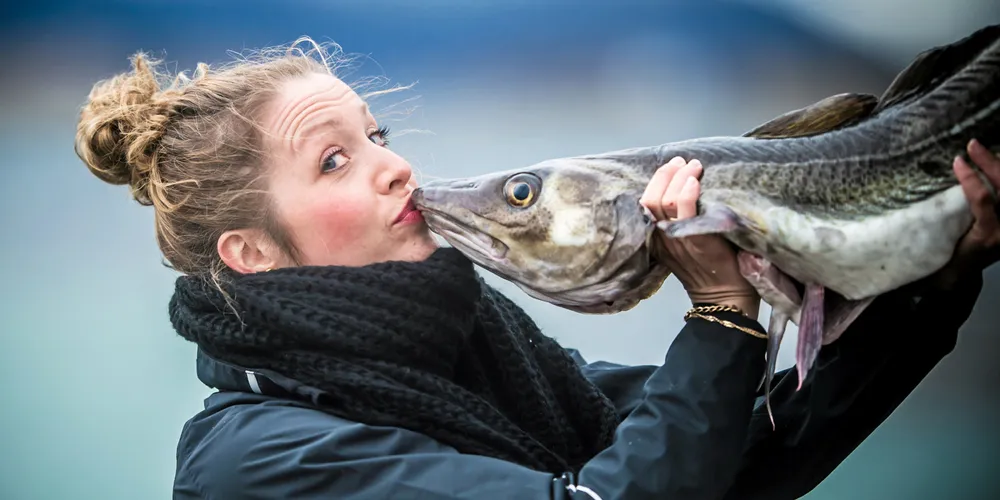Whitefish suppliers step up efforts to tell the real story of 'cheap and rubbish' frozen fish
Recent research suggests Brits are still wary of frozen seafood, but the Frozen at Sea Fillet Association's new boss is ready to get the facts out to consumers.
